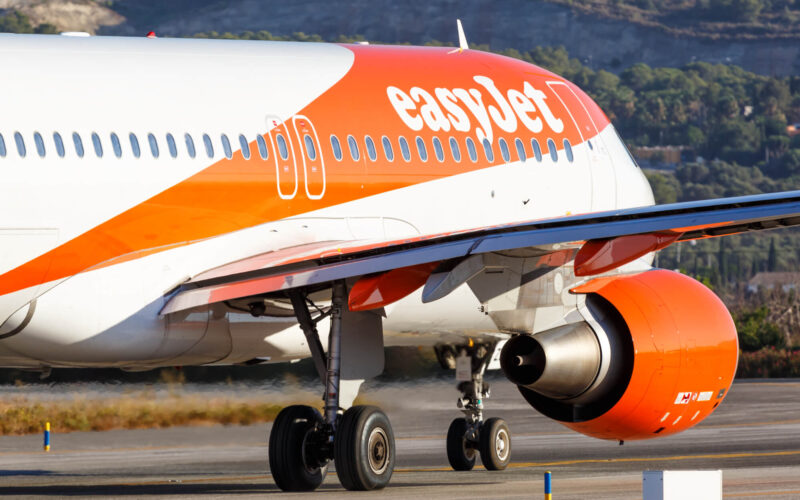easyJet said ongoing travel disruption due to staff shortages across the aviation industry has cost it £133 million ($136 million) over April, May and June, but that the situation has improved through July.
The budget airline is one of the European carriers that has suffered heavily with delays and cancellations in recent months, having been unable to rehire staff quickly enough to meet the bounce back in demand from the pandemic.
easyJet said in a trading update on July 26, 2022 that it was unable to operate 5% of its planned schedule in its fiscal third quarter, which ran until June 30, 2022.
In the quarter it made a headline loss before tax of £114 million, which included a cost impact of £133 million from the disruption.
The easyJet results come a day after low-cost rival Ryanair swung to a post-tax profit for the quarter ended June 30, 2022, saying its decision to agree pay cuts and keep staff on, rather than cut jobs, had been vindicated given the problems experienced by rivals in rehiring staff.
easyJet said moves to remove flights from its schedule and caps imposed by two of its major airports London Gatwick (LGW) and Amsterdam Schiphol (AMS), had resulted in July operations being “much improved”.
“We have taken action to build the additional resilience needed this summer and the operation has now normalised,” chief executive Johan Lundgren said in the update.
Looking ahead, easyJet said it remained focused on ensuring “smooth” operations over the summer and said it will continue to adjust its schedule if needed.
For the October school vacation period, bookings are currently at a similar level to pre-pandemic and capacity stands at 95% of 2019 levels, easyJet said. It expects capacity in the fourth quarter, to end September 2022, to be approximately 90% of Q4’19 with load factors above 90%. In Q3 load factors, how full its planes were, were 88%.

